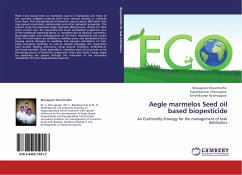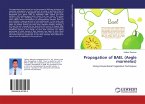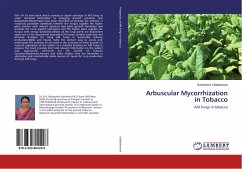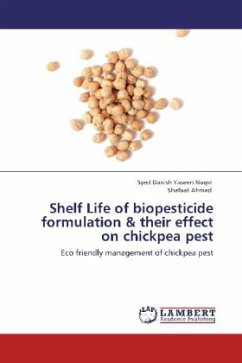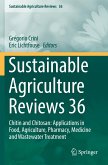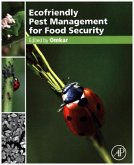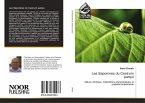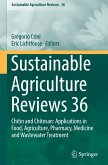Plants have always been an exemplary source of botanicals and many of the currently available products have been derived directly or indirectly from them. The ethnobotanical information reports about 800 plants that may possess insecticidal, antimicrobial and other biological properties. The present study has examined Aegle marmelos (Bael) tissues, chosen for their insect control uses, for insecticidal and insect antifeedant properties. One of the traditional medicinal plants, A. marmelos due to alkaloid, marmeline, lignan-glucosides and anthraquinone in the bark, heartwood and unripe fruits. The test insects are defoliators, Hyblaea puera and Spodoptera litura causing several damages to seedlings and younger plantations of teak. Using innovative methods, as well as classical bioassays, the researchers have studied feeding deterrency, larval growth inhibition, antifeedancy and larval mortality. Tissue especially A. marmelos seed oil has proven to be interesting source of bioactive compounds, there also exists a large scope for exploiting the species through the evaluation of the secondary metabolites for their biopesticidal properties.
Bitte wählen Sie Ihr Anliegen aus.
Rechnungen
Retourenschein anfordern
Bestellstatus
Storno

